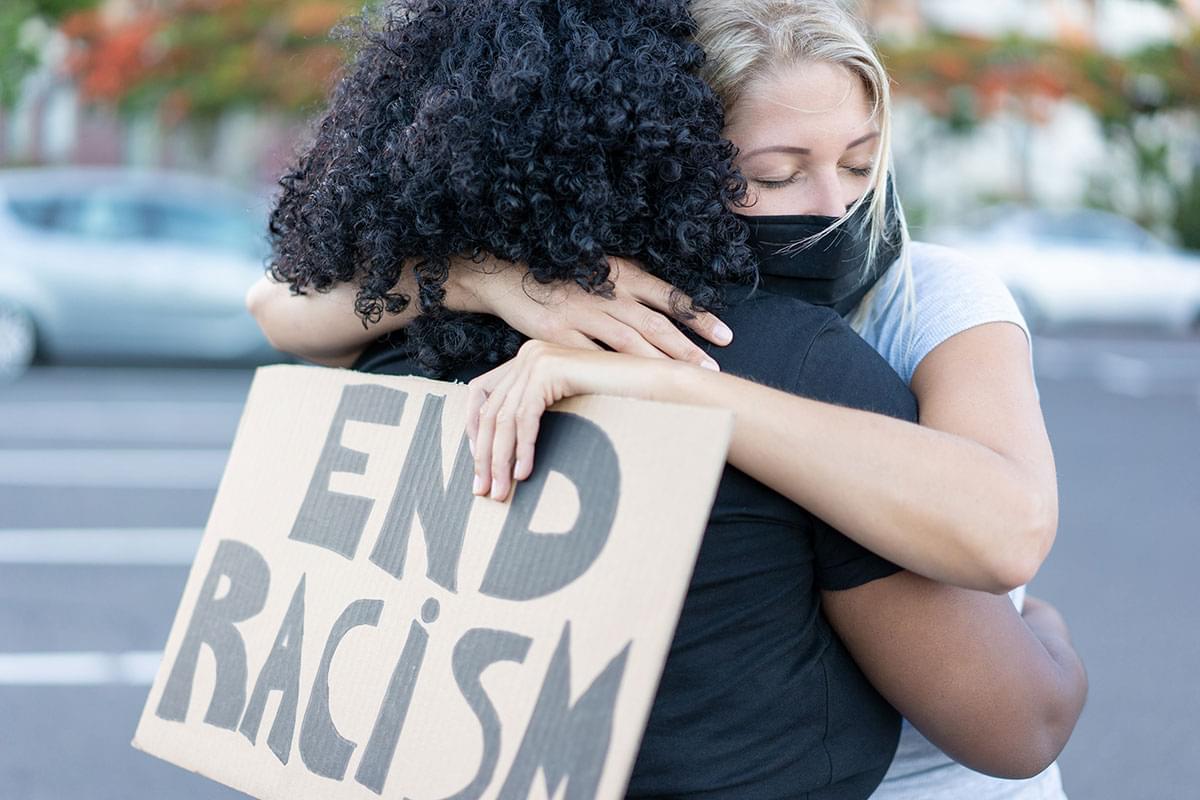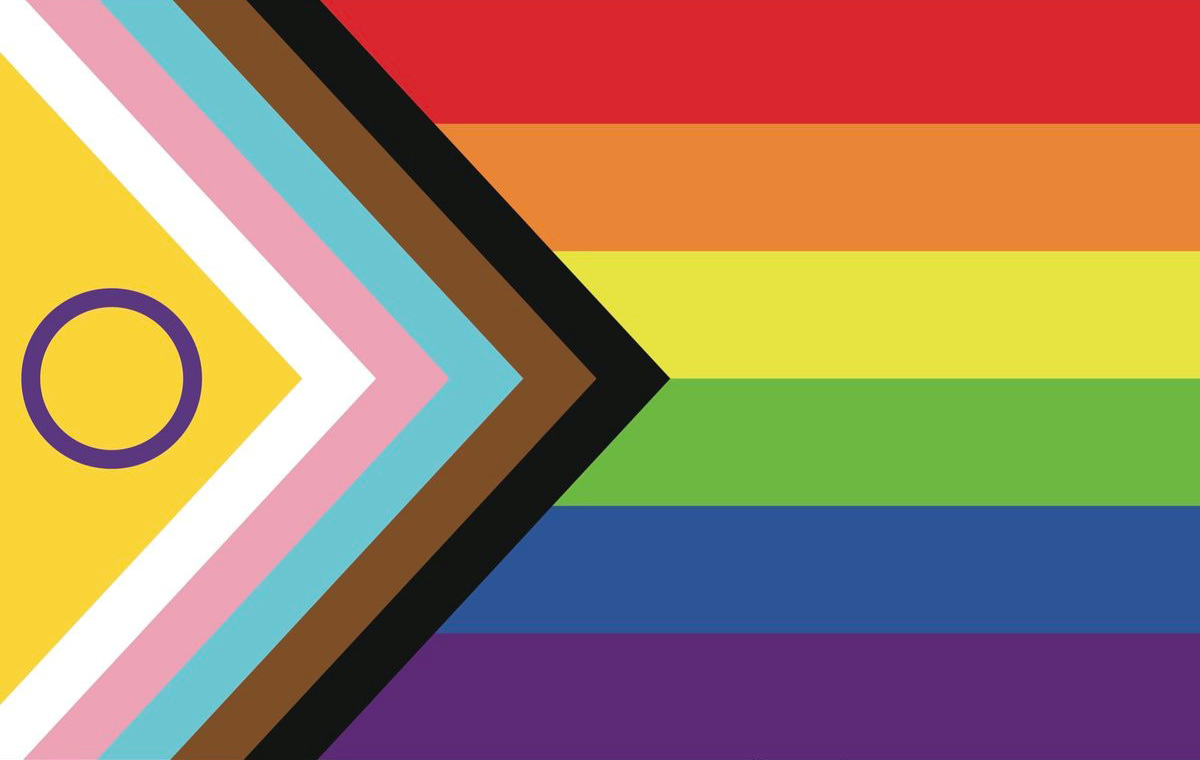When our mental health is suffering, we seek a way to get help. This is often done through finding the support of a therapist or counsellor; a professional who is experienced in helping others through their struggles. But what if there are barriers that prevent us from finding the care we need?
Currently, we are celebrating Black History Month in Canada. And while we love reading and learning about notable Black Canadians who have contributed to our country’s successes, there are hurdles that Black Canadians are still facing, including access to mental health in Black communities.
Barriers Black Canadians Face
Black Canadians have experienced too many challenges over the years relating to their mental health. Historically, they have faced immense obstacles including oppression, enslavement and segregation. Today, there’s the issue of systemic inequity.
Systemic inequity or inequality is an often misunderstood term. Many people feel that if they aren’t racist, and if others around them aren’t, then how can inequality exist? But the system wasn’t set up to be inclusive to everyone. Organizations and institutions have an ingrained bias that gives advantages to certain members or participants over others.
Overall, Black Canadians have higher unemployment rates than other races and live with lower average incomes, making mental health support hard to access since most lack the opportunities to pay privately or go through employer-covered plans. Access to a family doctor and mental health services is also a challenge, putting Black Canadians at a distinct disadvantage compared to other communities.
But what may be the biggest problem Black Canadians are facing, is the lack of Black representation within the mental health field. One survey of over 300 Black Canadians stated that 60% would be more willing to use mental health services if their provider were also Black.
Why Having More Black Therapists Matters
Imagine facing a traumatic event and needing to talk about it. Now, imagine talking with someone who can also relate to that trauma versus someone who can’t. That’s how Meghan Stewart felt when seeking a Black mental health therapist years ago. “My therapist could relate race to trauma, or trauma that was from racist experiences or discriminatory experiences.” She told the CBC in their interview focusing on Black psychologists, or the lack thereof, in the mental health field within Canada.
In another interview with The Walrus in 2020, Shannae Donaldson describes leaving a toxic work environment and seeking support. When she was unable to find a Black therapist, she settled for a white one. The experience was lacking, to say the least. In her view, the therapist didn’t have the cultural competence she was looking for and having a counsellor who shares a similar background has a direct impact on how well the patient progresses with their therapy. Shaquiera Hamilton, a student at McGill, has seen a therapist since she was eleven. Only recently did she have the opportunity to work with a Black therapist and she has “made more progress in one year” compared to her years of therapy with a white therapist.
As highlighted in pychologytoday.com, culturally sensitive therapy is believed to be a more effective approach. This means that a therapist follows specific guidelines when working with diverse groups of people rather than a blanket approach of one treatment serving everyone. That said, this approach works best when a client truly feels they can trust their therapist and that can only happen when they don’t feel the need to justify why their trauma is valid.
“The therapeutic relationship is a unique one that provides a safe space for clients to freely process their feelings and thoughts as it pertains to their lives and the environments in which they live. And unfortunately, the environments in which Black individuals have historically and currently live haven’t been free from race-related social injustices or racial discrimination.
As a Clinician and Black individual, I know that witnessing and/or experiencing racial injustices can be emotionally and mentally taxing for my clients and for some even traumatizing, causing psychological wounds.
Furthermore, it’s not uncommon for these clients to develop heightened anxiety and hypervigilance towards those things that remind them of the trauma. So now, imagine a client needing to process racial trauma but mainly encountering therapists who “look” like those who have inflicted the trauma. How would this client freely share without the additional stress and anxiety of being triggered by their therapist while also potentially worrying that they might offend their therapist while trying to heal from their trauma?
Ultimately, one could argue that a lack of Black Therapists is an injustice in and of itself. Black clients need and deserve the opportunity to choose a Black Therapist if they so desire. Black Therapists Matter! Representation Matters!”
– Darlene Cyrus-Blaze, Registered Psychotherapist and a Focus Mental Wellness Manager
What Changes Are Needed?
First, the education system needs to change. Simply put, there are still many institutions that don’t accommodate Black students. The lack of Black teachers and the fact that textbooks are written by white people makes the lack of culturally relevant teaching quite apparent.
Black Canadians who study psychology will find that they are still a minority. In addition to that, many non-Black students disbelieve “that race is a social construct, and they [non-Black people] could potentially go on to administer harmful care to Black clients”, which further enables the systemic inequity in the mental health industry.
We need to educate non-Black Canadians on what it means to hold onto racist views, to have a better understanding of what systemic inequity truly means and we need to find a way to get more help to Black communities in need.
Blackhealthalliance.ca is an initiative working to improve the health and well-being of Black communities and one that we at Focus Mental Wellness fully support. They are taking on issues such as health inequities and anti-Black racism, while providing pathways to care, including mental health.

At Focus Mental Wellness we are continually striving to make ourselves a more inclusive environment by having a diverse portfolio of therapists from which to choose and we do not presume that there isn’t more we can do to help.
Cristina Lamonica, a Registered Social Worker and Focus Mental Wellness Therapist states that:
“As a person who identifies as a caucasian female from a developed country, I understand that this has come with inherent privileges. I have made it my mission throughout my life, to educate myself on other people’s experiences. I think this is the key to supporting people of colour, not just in February, but throughout the year. Having an open mind, being aware of the historical and current struggles of people of colour, and sharing your awareness with others goes a long way in changing our society.”
While we recognize that ensuring Black Canadians have access to the mental health support they need is not a fix that can happen overnight, we are always open to suggestions on how we can improve. Ultimately, our goal at Focus is to provide accessible and affordable virtual therapy to all Canadians.
Sources
SOCIAL DETERMINANTS ANDINEQUITIES IN HEALTH FOR BLACK CANADIANS: a snapshot
https://link.springer.com/article/10.1007/s40894-020-00133-2
https://scholar.uwindsor.ca/etd/7579/
https://www.cbc.ca/news/canada/ottawa/black-indigenous-psychologists-accreditation-1.6152970
https://www.psychologytoday.com/ca/therapy-types/culturally-sensitive-therapy



